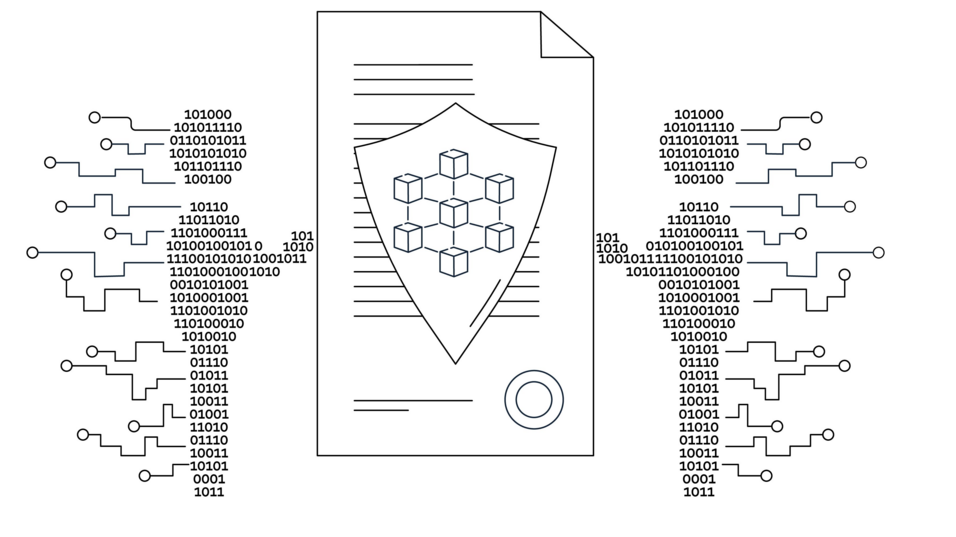Whereas a blockchain is data, essentially, stored in blocks and organised in an append-only sequential chain, a smart contract is a computer programme that, upon the occurrence of pre-defined conditions, runs automatically and executes pre-defined actions according to the terms of a contract or an agreement. By one account, the global smart contracts market size is projected to reach EUR 1,5 billion by 2028, from EUR 308 million in 2021.
Clarification is also needed as to the rights of consumers when a transaction is concluded by using a blockchain or a smart contract. European Union law already strengthens the position of consumers, as they lack both bargaining power as well as knowledge and expertise in their dealings with businesses. For consumers the functioning of blockchains and smart contracts is like a black box, which makes their position even more precarious. The Principles, therefore, also aim to spell out how consumer protection, as developed for more traditional transactions functions in a coded environment, thus also making clear to businesses how consumer rights function when they use blockchains and smart contracts.
Sjef van Erp, Project’s Chair explained: ‘In this project we, first, wanted to clarify the legal consequences of transactions on a blockchain, more particularly the use of smart contracts (self-executing computer programmes). Following our conclusion that such a transaction could be legally relevant, we then focussed on the position of consumers whenever a smart contract would be used. How could consumers be given the same protection as they were entitled to if no such smart contract had been used?
A Use-Case-Approach (ie a descriptive and up-close exploratory examination of how a blockchain could function in a real-world context) was adopted at the commencement of the project to comprehend how blockchains and smart contracts might be used in practice. However, rapid developments led the team to focus more on the legal aspects of blockchains and smart contracts, both in a commercial and, at the European Commission’s suggestion, consumer settings and to develop corresponding theories, which should ultimately result in Principles. Before theories were formulated as Principles they were tested against known use-cases to ensure their practicability.
The Principles elaborated by the Team follow an approach which is aimed at being both functionally equivalent to existing law and technologically neutral. To deal with the existing legal divergence in and outside Europe, the Principles are drafted in functionalist terms, avoiding jurisdiction-specific terminology as much as possible. Also, the Principles are formulated quite generally and in such terms that, in light of rapid technological advances, both the risks of under- and overinclusion are avoided.
‘In the course of this project, we tried to not only kickstart and enhance discussion within academia, but also involved legal practitioners to get a good overview of the blockchain/crypto industry’s problems at the moment and where legal guidance is needed. Our Principles aim to give such first guidance within the existing legal framework. I am excited that we have now finished this amazing project and look forward to receiving feedback’ – Martin Hanzl, Project’s Co-Reporter.
ELI’s Principles on Blockchain Technology, Smart Contracts and Consumer Protection will support legislators in drafting sets of specific rules that are more appropriate to contracts in this field whenever such a derogation from traditional contract law is fitting. They will also help judges in their roles as interpreters of the resulting legislation.
The output is available here. A webinar on the topic, open to the public free of charge, will take place on 24 October 2022 from 12:30–14:00 CET. To register, please click here.

